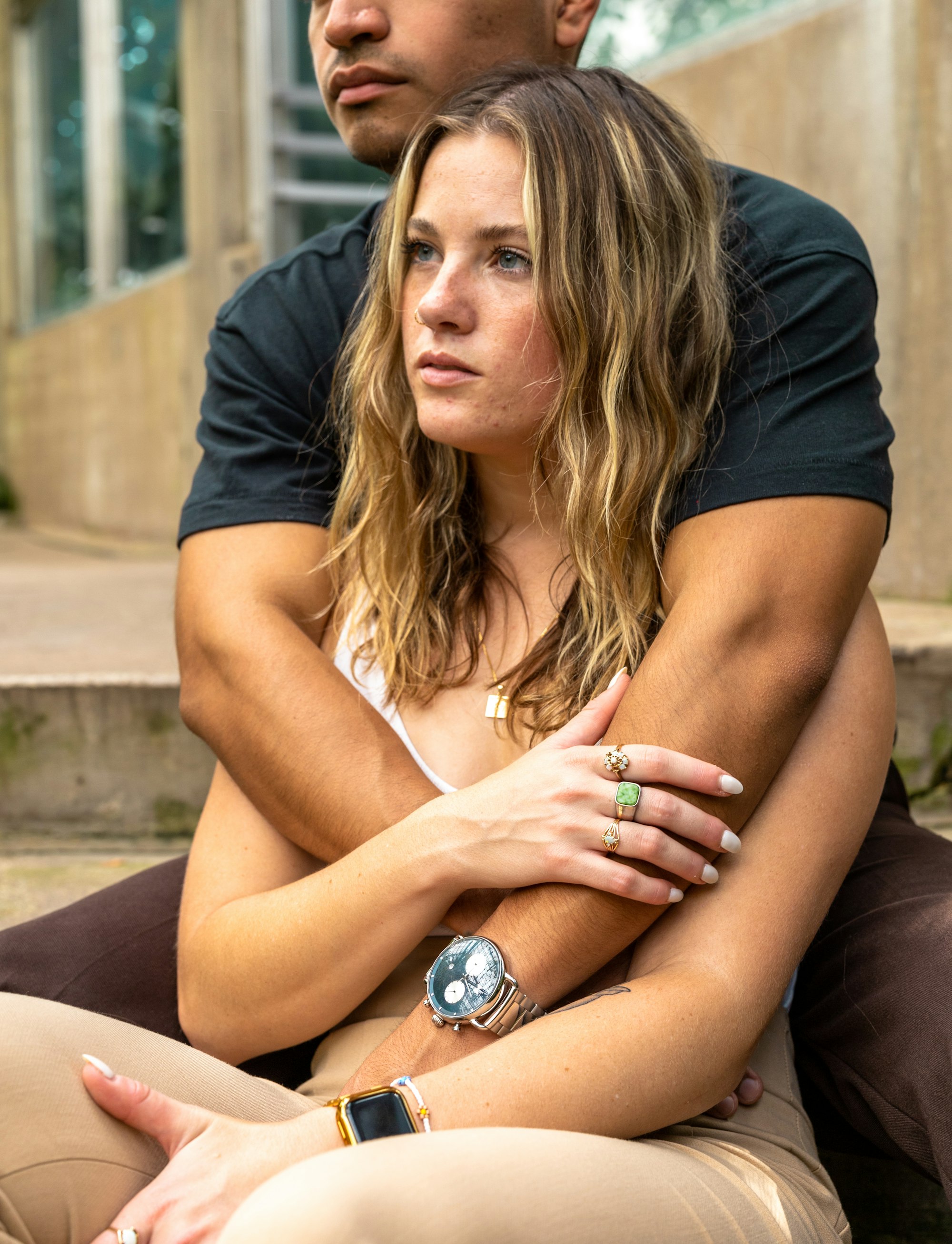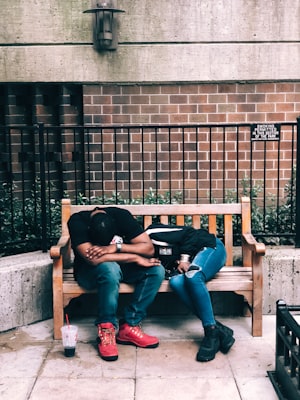Content Summary
Do you find yourself tossing and turning at night, unable to fall asleep no matter how exhausted you are? If so, you're not alone. According to the National Sleep Foundation, 50 to 70 million adults in the United States suffer from a sleep disorder. Of those, insomnia is the most common, with 30% of adults reporting that they have difficulty falling asleep or staying asleep at least a few nights a week.
Fortunately, there are several things you can do to ease your insomnia and get a better night's sleep. These include changing your sleep habits, avoiding caffeine and alcohol before bed, and exercising regularly. In this blog post, we'll explore each of these in more detail and give you some specific tips on how to implement them into your daily routine.
There are three primary types of insomnia:
Transient known as short-term. Transient insomnia is the most common type and is usually caused by things like stress or jet lag.
Acute less than three months. Acute insomnia is less common and is often caused by things like anxiety or job loss.
Chronic insomnia is the least common but most serious type and can be caused by things like depression or chronic pain.
3 Routines to Help Fix Your Insomnia:
Routine 1: Change Your Sleep Habits
One of the best ways to fix your insomnia is to change your sleep habits. This means going to bed at the same time every night and waking up at the same time every morning—even on weekends. It also means avoiding naps during the day so that you're sleepy at bedtime.
Finally, it means creating a relaxing bedtime routine that will help you wind down for the night. This could include reading or taking a warm bath before bed.
Routine 2: Avoid Caffeine & Alcohol Before Bed
Another way to fix your insomnia is to avoid caffeine and alcohol before bed. Caffeine is a stimulant that can make it harder to fall asleep. And while alcohol may make you feel sleepy at first, it actually disrupts your sleep later in the night. So if you want to get a good night's sleep, it's best to avoid both caffeine and alcohol in the evening hours.
Routine 3: Exercise Regularly
Exercise is one of the most effective ways to combat insomnia. Regular exercise helps regulate your body's natural sleep-wake cycle and can make it easier to fall asleep at night. It also helps reduce stress and anxiety—two common causes of insomnia. aim for 30 minutes of moderate exercise—like walking or jogging—per day; however, even 10 minutes of activity can help improve your sleep quality.
We Made a Selection of Best 3 Melatonin Supplements with Highest Ratings by Consumers Like You. Take a Look.
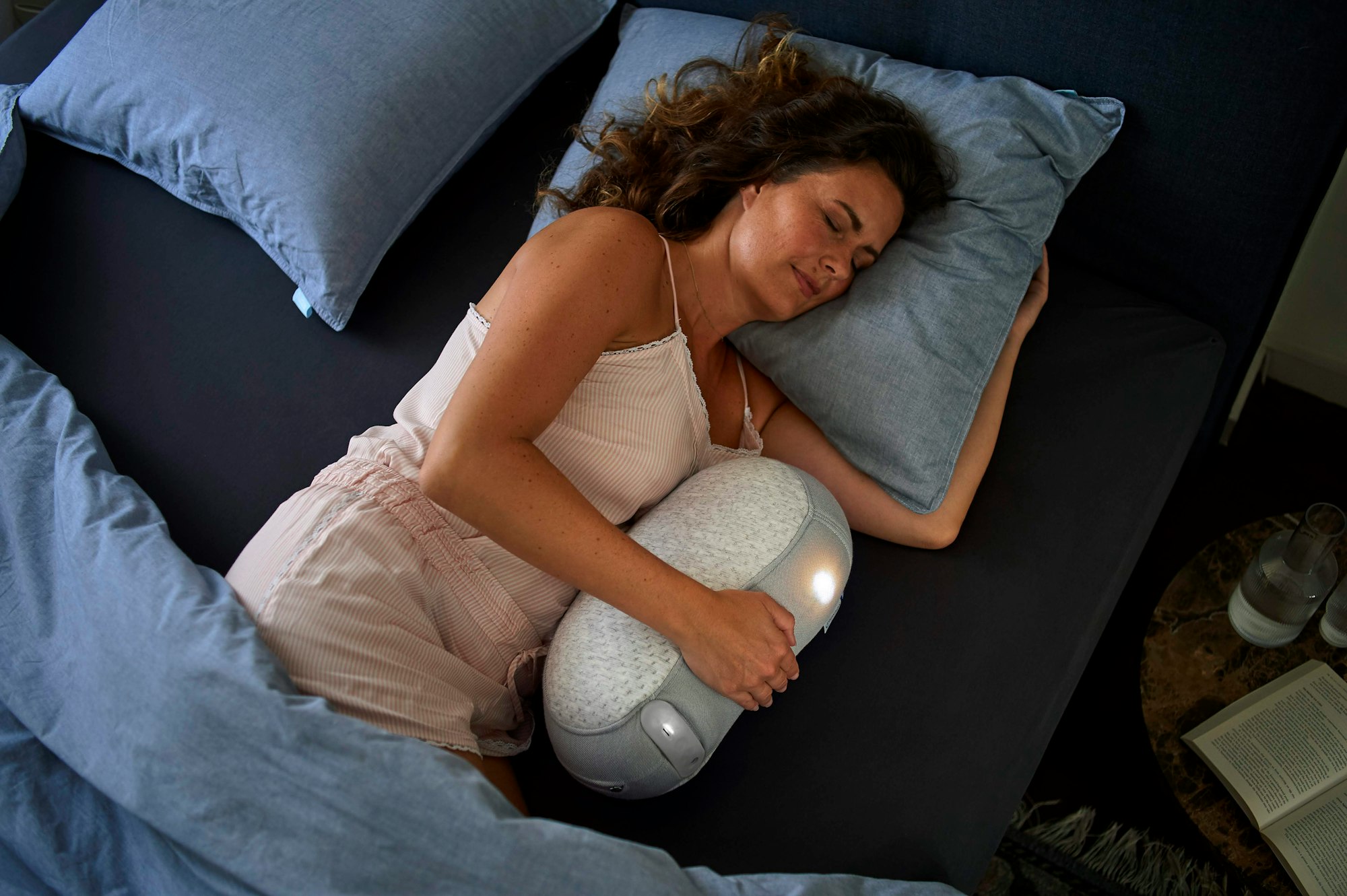
Author's Choice of Sleep Supplements
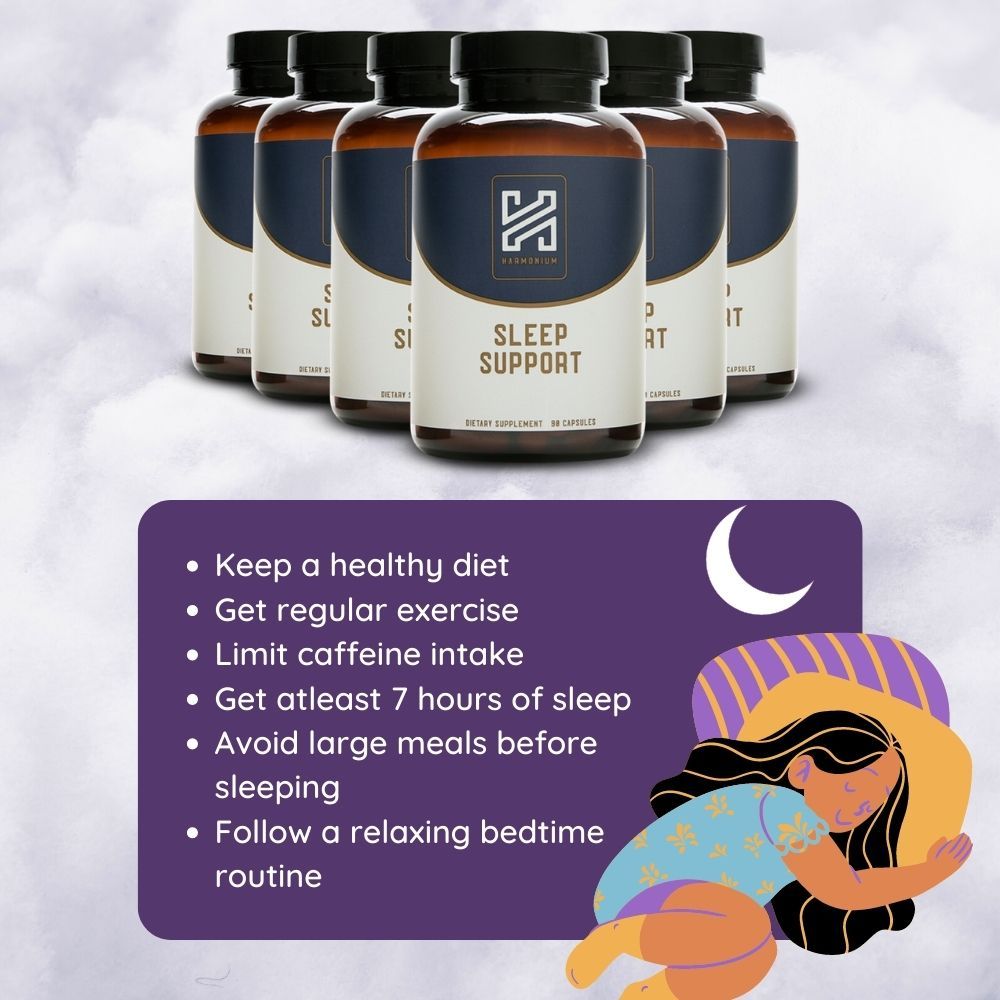
A Discovery Of What Some Are Calling A New
“Golden Melatonin” That Knocks You Out Faster…AND Makes You Stay Sound Asleep

Dr. Emil Nutrition 200 MG 5-HTP Plus Formula for Mood Stress and Sleep
Supports mood and restful sleep supplemented 200mg of pure 5-HTP with 20mg of SAMe and 20mg of L Tryptophan to optimize 5-HTP conversion and support stress levels in the body
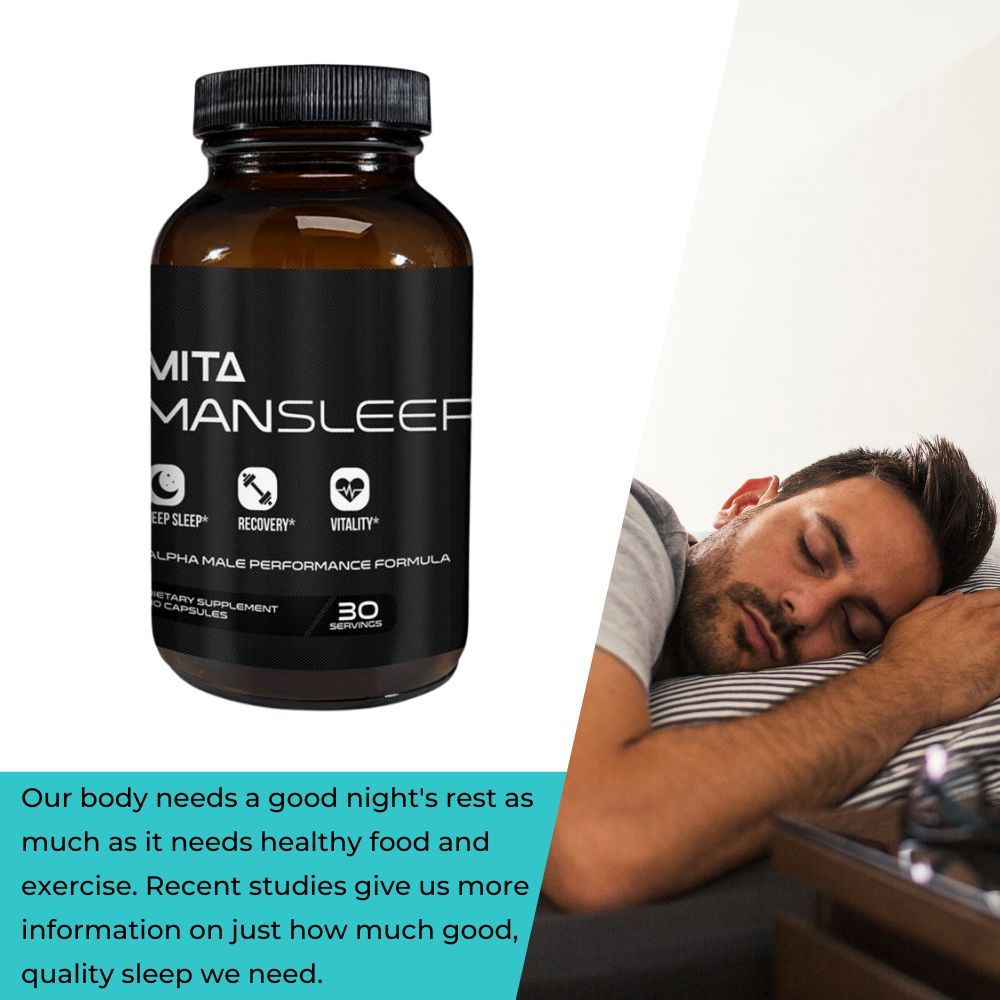
"Anabolic-Burst Wave Sleep" Separates Men With Vigorous Testosterone Levels Ageless Looks and Seemingly Endless Strength Gains And Energy
Conclusion
If you're struggling with insomnia, don't despair—there are things you can do to help yourself get a better night's sleep. Establishing a regular sleep schedule, creating a relaxing bedtime routine, and keeping your bedroom dark and quiet can all make it easier for you to fall asleep and stay asleep throughout the night. So give these tips a try and see if they help you get the rest you need!
Sweet Dreams!

DONT FORGET TO CHECK OUT THESE ARTICLES:

